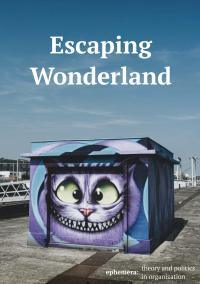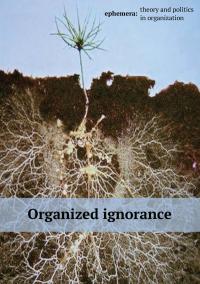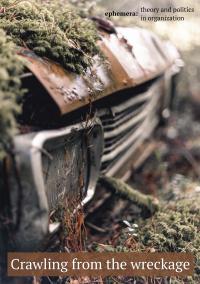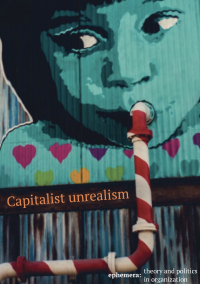article
Commonism and capabilities
Introduction
In recent times, there has been a growing debate on common-pool resources, the commons, and on the design of institutions aimed at governing and managing them.
Extitutional theory: Modelling structured social dynamics beyond institutions
Introduction
Several theoretical frameworks have been developed to understand how individuals organise themselves into larger social structures and how these social structures in turn contribute to shaping individual attitudes, behaviours, ideas and beliefs. The concept of institutions is particularly central to most theoretical frameworks in the field of organisational and governance theory.
Neoliberalism in a socialist state: Political economy of higher education in Vietnam
Introduction
The Socialist Republic of Vietnam is a one-party state, with the ruling party – the Communist Party of Vietnam (CPV) – having no opposition parties that are legally tolerated. Although the economy has undoubtedly been liberalized, the state remains a soft authoritarian regime (Thayer, 2010). Vietnam is a lower middle-income country with 97 million people.
Digital consumer activism: Agency and commodification in the digital economy
Introduction
From protecting consumer rights to promoting environmental justice, consumer activism has become an important source of protest. Consumer activism[1] here does not so much speak of a specific, organised movement, but of consumption practices as a locus of struggles for environmental sustainability and global equity (Bost
Becoming and staying talented: A figurational analysis of organization, power and control
Introduction
Although organizations have long traditions of management and leadership development (Cappelli and Keller, 2017), it is only in the past 25 years that they have become attracted to the specific idea of ‘talent’, to talent’s presumed impact on organizational performance, and to the best ways of finding and deploying talent (Swailes, 2016).
The absurd workplace: How absurdity is hypernormalized in contemporary society and organizations
Introduction
A psychiatrist who has a 30-minute appointment with a patient, needs another 20-25 minutes to process all paperwork attached to the meeting (Spaans, 2017). There is now so much bureaucracy involved in health care provision, that the time that health care providers spend on their actual jobs is substantially reduced, seriously impeding the quality of care because of the very procedures meant to ensure quality of care.
The politics of exhaustion: Enduring at the end of the world
Prologue: Collapse
Advantageous is a 2015 film directed by Jennifer Phang. Set in the near future, the film follows the protagonist, Gwen. Gwen carries out research for a global cosmetics company, the Center for Advanced Health and Living, but also acts as its face, promoting their products. Despite her many contributions, the company decides that Gwen can no longer connect with their younger customer base.
Theorizing the cynical professional: the public interest, urban planning, and the limits of ideology critique
Introduction
Conventional readings of the relationship between professionalism and service in the public interest have tended to revolve around two sharply contrasting claims. The first is that professions by their nature, structure, and social function serve the public interest (Goode, 1957; Wilensky, 1964).
Play hard, work harder: Workification of gaming in a Swedish World of Warcraft Classic guild
Introduction
It is commonly assumed that work and play are inherently dichotomous concepts (Yee, 2006). Indeed, at first glance, playing and working appear to share few characteristics.
‘No hate. No bigotry. Fight white supremacy!’: A case study of Nørrebro Pride and collective organising in the face of ongoing apocalypse
Introduction, or, apocalypse now
The apocalypse is often presented as an event about to happen, something to guard oneself from, and a doomsday for which to prepare (Campbell et al., 2019; Husted et al., 2023). The recent COVID-19 outbreak (Smith and Thomas, 2021), the onset of war in Europe and an escalating ecological catastrophe only exacerbates the sense of impending doom.




